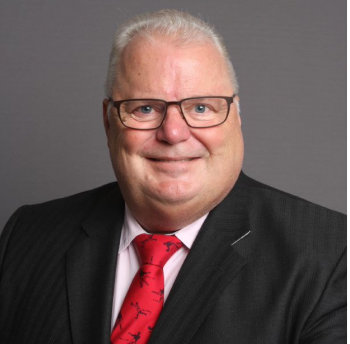We have our efforts upside down
In a thought-provoking lecture, entitled ‘Social Services Are Broken. How Can We Fix Them?’, Hilary Cottam stated that around £250,000 is spent each year, on each of around 100,000 families within the UK. However, she highlighted that the £250,000 is not spent on the families themselves, but instead on the cost of running the support systems which have built-up around them.
Her analysis suggests that 86% of a social worker’s effort is spent feeding information to meet the needs of those support systems, leaving a maximum of 14% of the social worker’s time to gather information from the individual and to build a relationship with them.
In addition to that, social worker time is spent sifting through cases of those who may seek support, but who are more likely than not, unable to meet the eligibility criteria.
The costs and dynamics of this system are unsustainable. Its results are unacceptable in an increasingly digital age. The balance of effort spent feeding information into the system versus customer-facing and relationship building time must be reversed.
Making it easy for your customers to help you
In another IEG4 blog, Keeping Customers in the Loop, we have discussed how businesses have outsourced time-consuming data-entry activities to their customers by providing them with effective digital solutions. And that, customers welcome this, as it offers them convenient access to what they see as improved services.
As it already has in the private sector, the work contract between public sector suppliers and their customers is changing. If councils can find ways to harness the help of the many customers who can help themselves and others, they can create time for their workers and may even be able to involve those customers who aren’t as self-sufficient into the support system.
Today, finding an up-to-date and reliable view of support services in an area is more difficult than it needs to be. Fragmented service directories offer a confusing, and frequently, only a partial view, of what is actually available to people within an area. Service information can gradually go out of date as maintaining it across multiple directories is difficult to synchronise and the responsibility for doing so is unclear.
This is not a technology challenge. It’s about vision and leadership
The fragmentation of what services are available is not a technology challenge. With cloud-based computing, modern browsers and communications, access to see what services are available is only a click away.
Over a number of years, the actions of well-intentioned groups to ensure that their own good work is not lost, has resulted in a duplication of effort and the creation of fiefdoms, which don’t have a shared vision around which to co-operate.
Sharing the service directory across community stakeholders and making these services findable as part of the council’s mainstream offer, is vital. Even if the services are not provided by the council, they need to lead the way in order for others to follow.
Providing a focal point for support services and simple tools to locate them, will help the council’s hard-pressed staff to keep on top of service availability. These very same tools can be made public to engage with many more people.
Whilst many people, who may look out for elderly parents or children with special needs, might not themselves be eligible for council support services, the people they support may be. Publishing easy to find and trusted services enables self-help and helping others becomes easier and possibly avoids unnecessary contact with the council.
Saying ‘No’ simply makes matters worse
Social Services departments receive enquiries from many people who want information and are fighting for the rights they think they are entitled to, but for which the majority don’t qualify for.
With little help to locate the support and information they seek from their councils, those customers ‘who can’, increase their demands for service. The private sector has programmed them to expect more and to complain. Their increasingly loud, and frequently legalistic demands take even more time to deal with. That effort further cuts down on social services’ time to deal with those who are most vulnerable.
Ultimately, it is a failure to communicate, manage expectations and provide effective navigation that costs councils time to deal with those who could in fact self-serve.
Rather than explain policy and provide effective automated signposting to available services, the response of some councils is to say nothing or ‘No’. The unwritten policy is to put up barriers in the hope that people will go away, rather than provide an explanation and navigation to services which may help them. This approach merely ‘ups the ante’ and creates louder demand for attention and more work for the council.
Provide a digital Service Directory accessible to all
Like it or not, councils are perceived as one of the ‘go to’ organisations to find out what services are available in an area, even though those services may not actually be provided by them.
Councils have an important role as a trusted focal point for services available and digital solutions have a key role to play in empowering staff and public alike.
IEG4’s OneVu Customer Engagement Portal provides access to all mainstream services offered by a council. OneVu can be used to present information to one social worker to help them in their role, or it could help thousands of citizens to find services relevant to them or those they care for.
Because OneVu supports a wide range of services within the single platform, taking service directories mainstream can be quick to achieve - and also cost-effective by reducing call-handling volumes. Helping people navigate to services earlier reduces escalations and crises.

